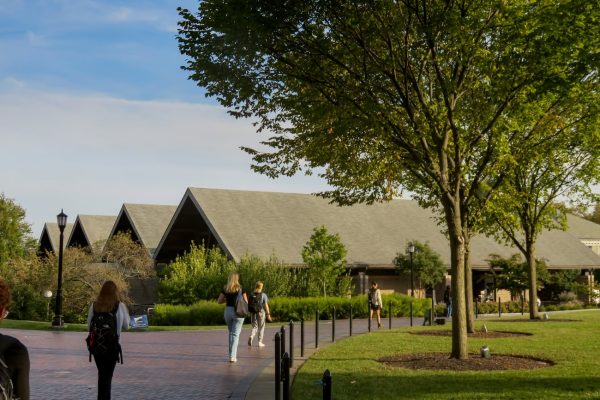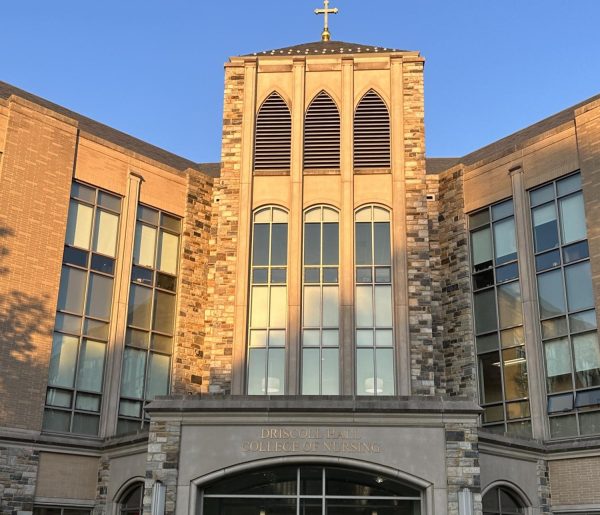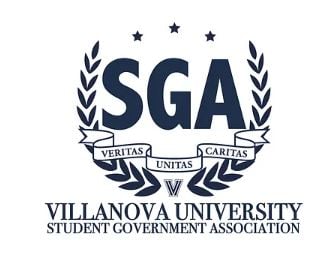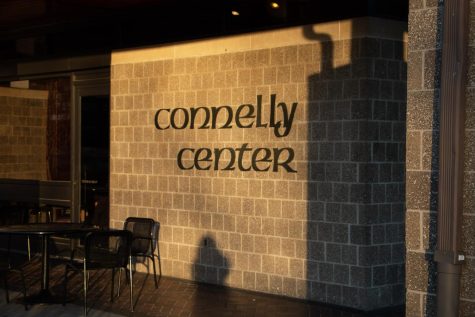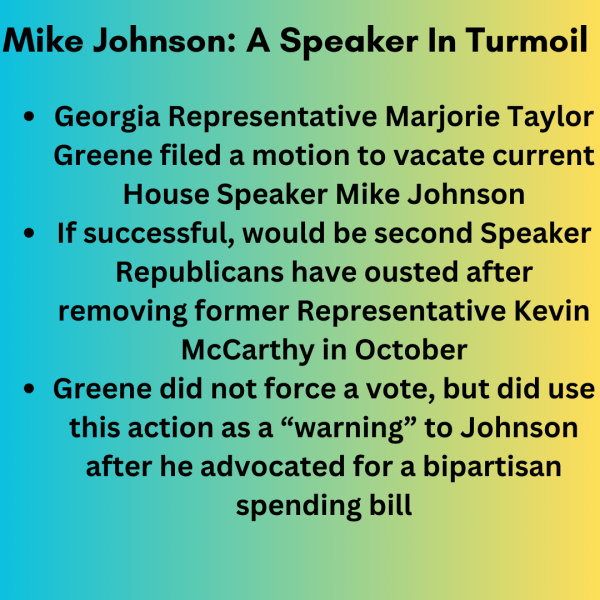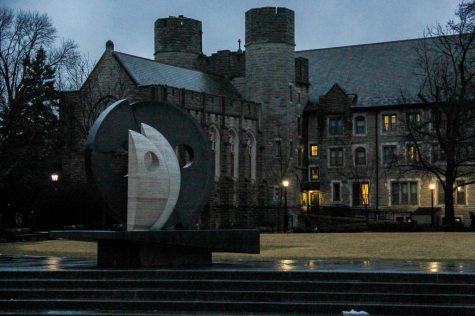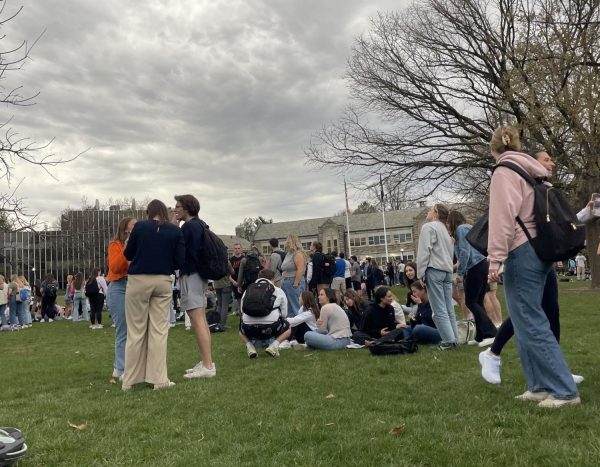Center for Liberal Education Presents Nationalism and Globalism Panel
November 19, 2019
On Nov. 12th, Villanova’s Center for Liberal Education hosted a discussion titled “Globalism and Nationalism in the World Today.” Panelists were invited to deliver relevant arguments, share their perspectives and offer their insights based on their respective areas of study. Afterwards, the discussion was opened to student audience members to continue the conversation and give them opportunities to ask the panelists questions.
Samer Aboud, an Associate Professor of Global Interdisciplinary Studies, opened the panel with a conversation regarding the global redistribution and inequality crisis. As globalism has homogenized various economies and markets in Europe and North America, many developing countries in Asia, Africa, and South America have suffered. In other words, capitalist market structures in developed countries have had adverse effects on economic growth and stability in the developing world. Due to their instability, many of these countries have fallen prone to political unrest and violence.
Aboud touched briefly on the civil unrest, specifically in Iraq and Lebanon, which has acted as a catalyst for the mobilization of civilians and protestors in their demand for political, governmental and social change.
Dr. Andrew Liu, an assistant professor of history, followed in the discussion by posing a question: “Is the rise of right wing nationalism due to economic concern?” Dr. Liu believes that modern economic concern dates back to almost two decades ago. In 1999, nearly 40,000 protestors took to the streets to participate in Seattle World Trade Organization Protest. More commonly known as the Battle in Seattle, demonstrators gathered in opposition to various areas of economic globalization, specifically climate change, free trade and labor in capitalist markets. In the last decade, a lack of global leadership has exacerbated these concerns regarding globalization. For example, many right-wing leaders who have come into power in various Asian countries have promoted national unity and anti-immigrant policies. This combination of fear of globalization and a lack of strong global leadership may have been critical in the rise of global nationalism.
The third panelist, Dr. Cera Murtagh, as assistant professor in the Department of Political Science, argued that there are different types of nationalism with different characteristics. She elaborated on Northern Ireland as an example. The small country is currently transitioning out of conflict into a period of peace after an agreement was reached between unionists and nationalists. Northern Ireland has been without a functioning government for three years due to a corruption scandal, an ongoing debate regarding the country’s culture and national language, security issues and other political issues including the country’s border. Ireland’s position on ntionalism has a different meaning compared to its meaning in the United States. This serves to demonstrate that not all nationalisms are the same.
Dr. Jonathan Doh, an Associate Dean in the Villanova School of Business, served as the fourth and final panelist. He strongly believes that anti-globalism is more of a perception than a reality. Many people are hesitant to support trade agreements involving many parties because issues or consequences that may arise from them may be serious or even severe. Social media perpetuates these perceptions and leads people to strongly oppose them, he argued.
Conversation regarding social media’s role in globalization continued after the discussion was opened to the student audience. Many students agreed that social media platforms, specifically Twitter and Facebook, play a major role in the instantaneous global spread of ideologies, especially nationalism and globalism.


